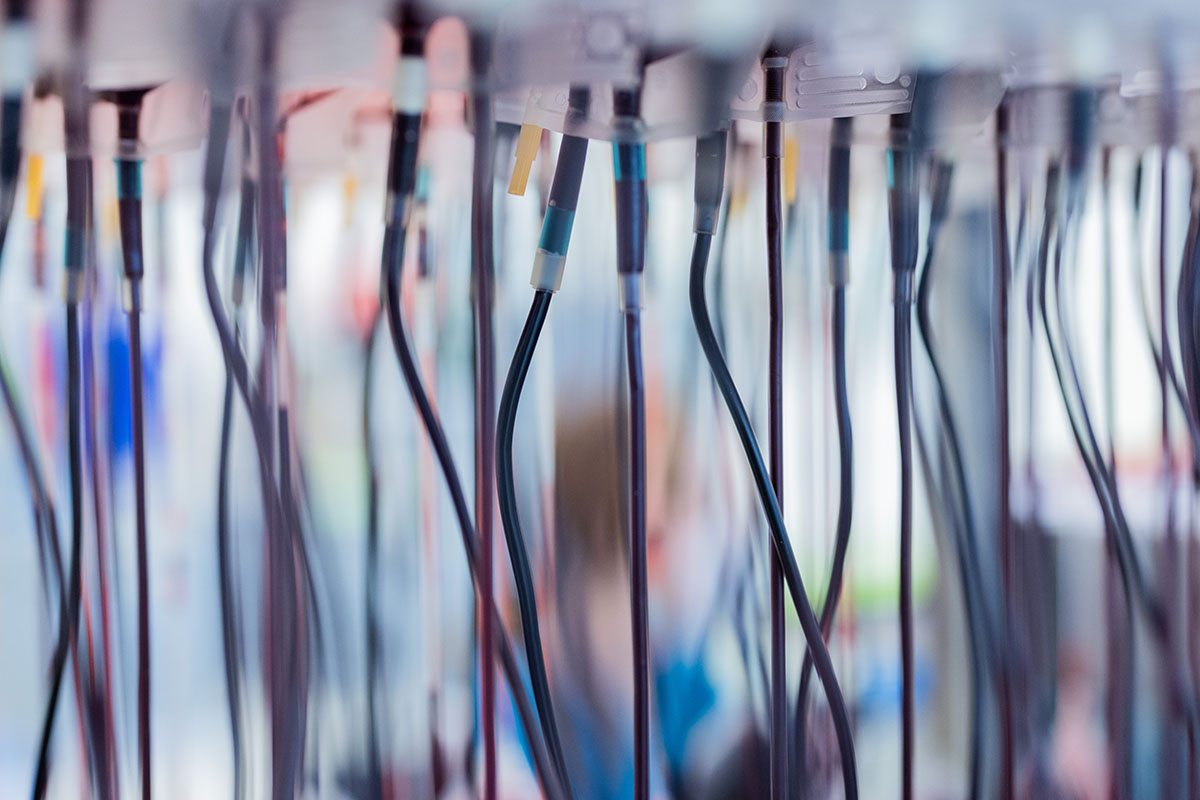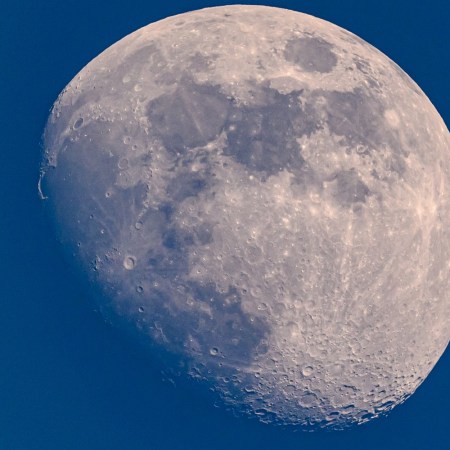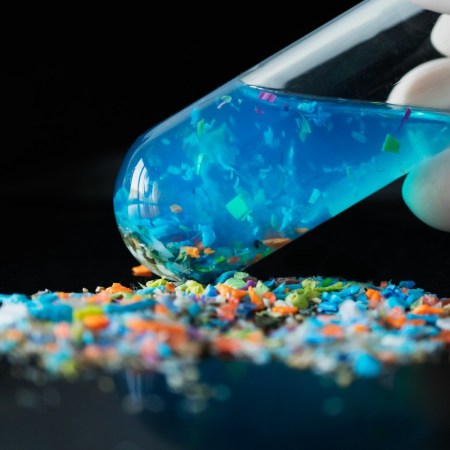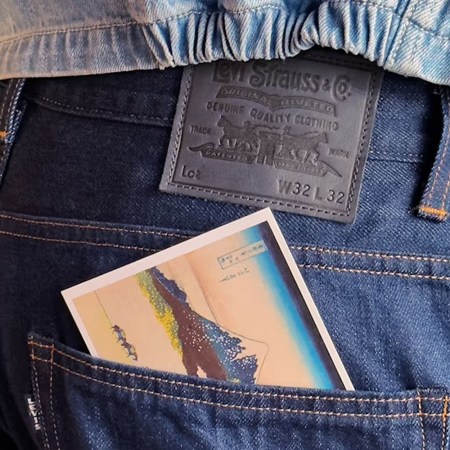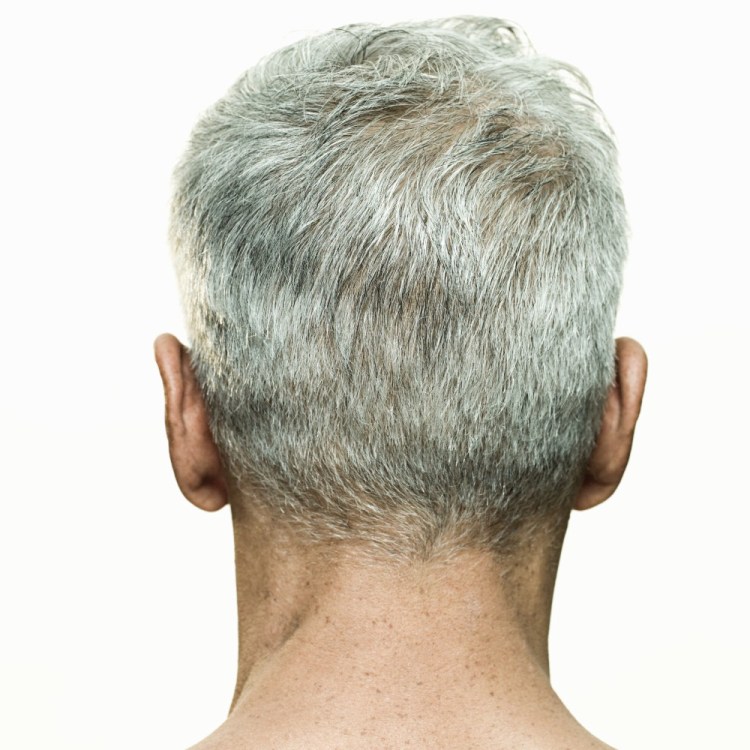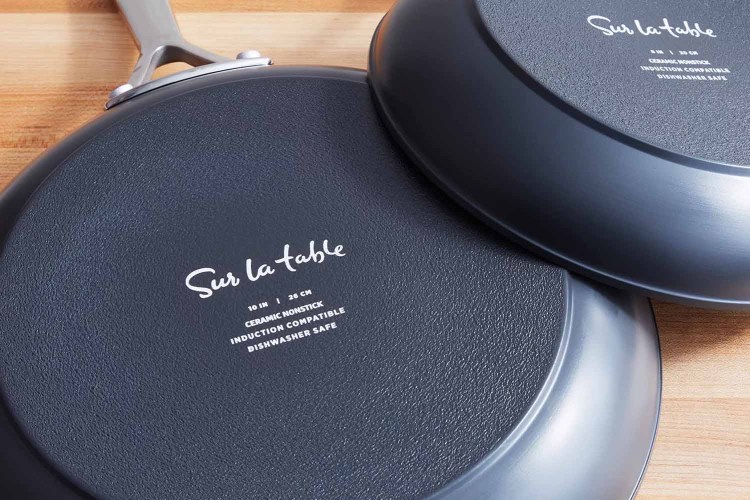If your blood type is O negative, you’re used to being the popular kid at the school dance.
“Universal donors” are hounded by blood banks throughout the year for their precious supply, which lacks A, B and RhD antigens on the surface of red blood cells. Normally, these antigens are treated as “foreign” during an attempted transfusion (assuming the receiving party doesn’t have them). The immune system prepares to throw fisticuffs, determined to destroy invaders, even though its host desperately needs the blood.
O negative blood is an elegant workaround to this issue. It’s in high demand because it’s so rare (only about 7% of the population has it), and it’s the blood of choice for emergency responders.
That said, there’s one blood type that puts the rarity and universality of O negative to shame. That’s Rh-null, also know as “golden blood.”
A few years ago, the magazine Mosaic highlighted the extreme unlikelihood of being born an Rh-null carrier — of the roughly seven billion people living on the planet in 2010, only 43 were known to be living with so-called golden blood.
What is it? For starters, it’s not golden-colored blood. It’s as red as anyone else’s. The “golden” moniker is in reference to the way that medical professionals discuss the blood type. Doctors routinely call it “the golden blood” for its ability to save lives. As a recent Freethink article summarizes: “It’s worth its weight in gold.”
In order to understand Rh-null, know that there aren’t just eight blood types (A+, A-, B+, B-, AB+, AB-, O+ and O-). There are subdivisions from there, predicated on the presence of RhD proteins. (RhD proteins, broadly speaking, determine whether your blood type’s got a plus or negative sign tacked on to the end of it.) There are 61 possible antigens that go into that designation. Everyone’s got some combination of them.
Well, except for people with golden blood: Rh-null. Their blood can be donated to literally anyone via transfusion, and most importantly, to those within the Rh system with rare (significantly less rare, to be clear) blood types. In some ways, it’s a superpower. If someone halfway across the world is struggling to find a blood bank with their rare blood type, a golden blood carrier can save the day. The Mosaic profile digs into the life of a Swiss man named Thomas who routinely crossed the border into France to gift his blood to a laboratory in Paris.
It’s a noble thing to do, considering an estimated six of the 43 golden-carriers actually donate blood. But as the profile examines, it’s also an exhaustive altruistic burden. Most blood labs are underfunded. Twice a year, he pays for the travel himself, not knowing whether his blood will end up in the United States or Thailand or South Africa.
Not to mention, having golden blood is incredibly dangerous. Think about it: a man like Thomas can save the lives of someone with less rare blood, but who’s out there to save him? God forbid he suffers an accident, and is rushed to the hospital, there’s absolutely no shot golden blood will reach him in time. That’s why he donates blood to himself, for future use, and limits his exposure to risky activities. (Although, as a Swiss person, he apparently refuses to live without his beloved skiing.)
As for Thomas’s background and health — there is no link between his condition and his genealogy. He inherited golden blood through random mutations on both sides. Fortunately, he was allowed to have children, and at the time the article was written, he had recently celebrated his 50th birthday.
Whether you’re looking to get into shape, or just get out of a funk, The Charge has got you covered. Sign up for our new wellness newsletter today.
